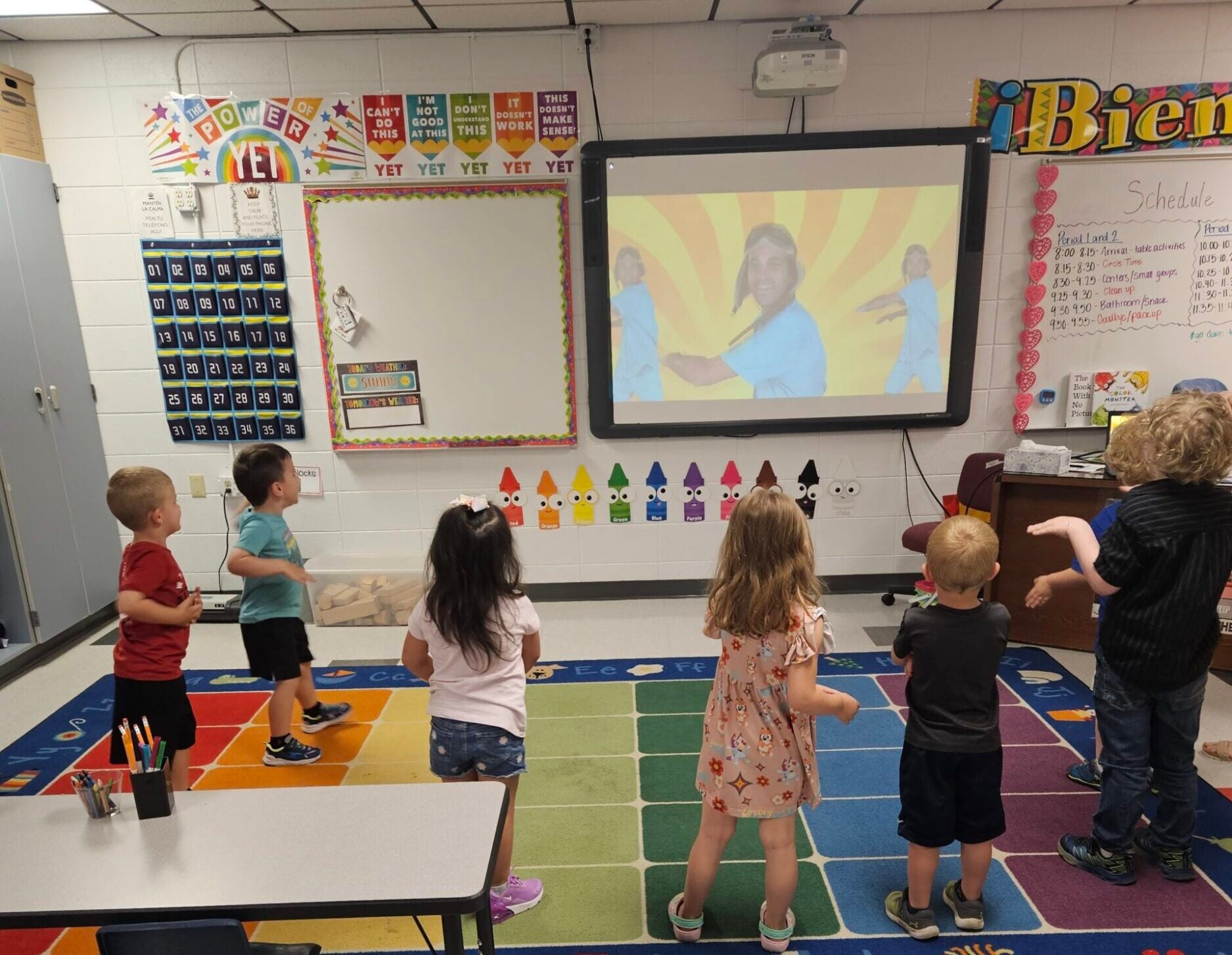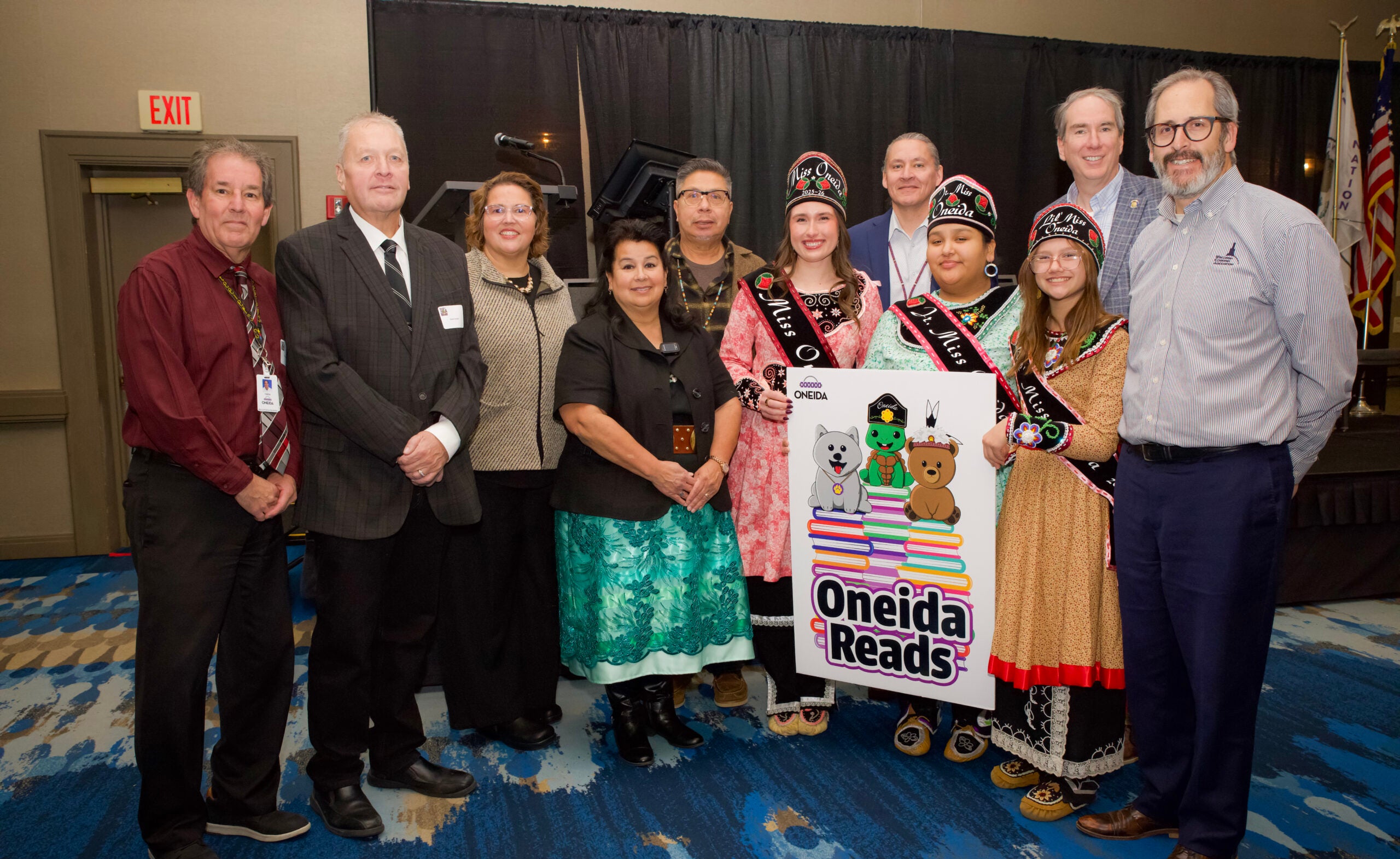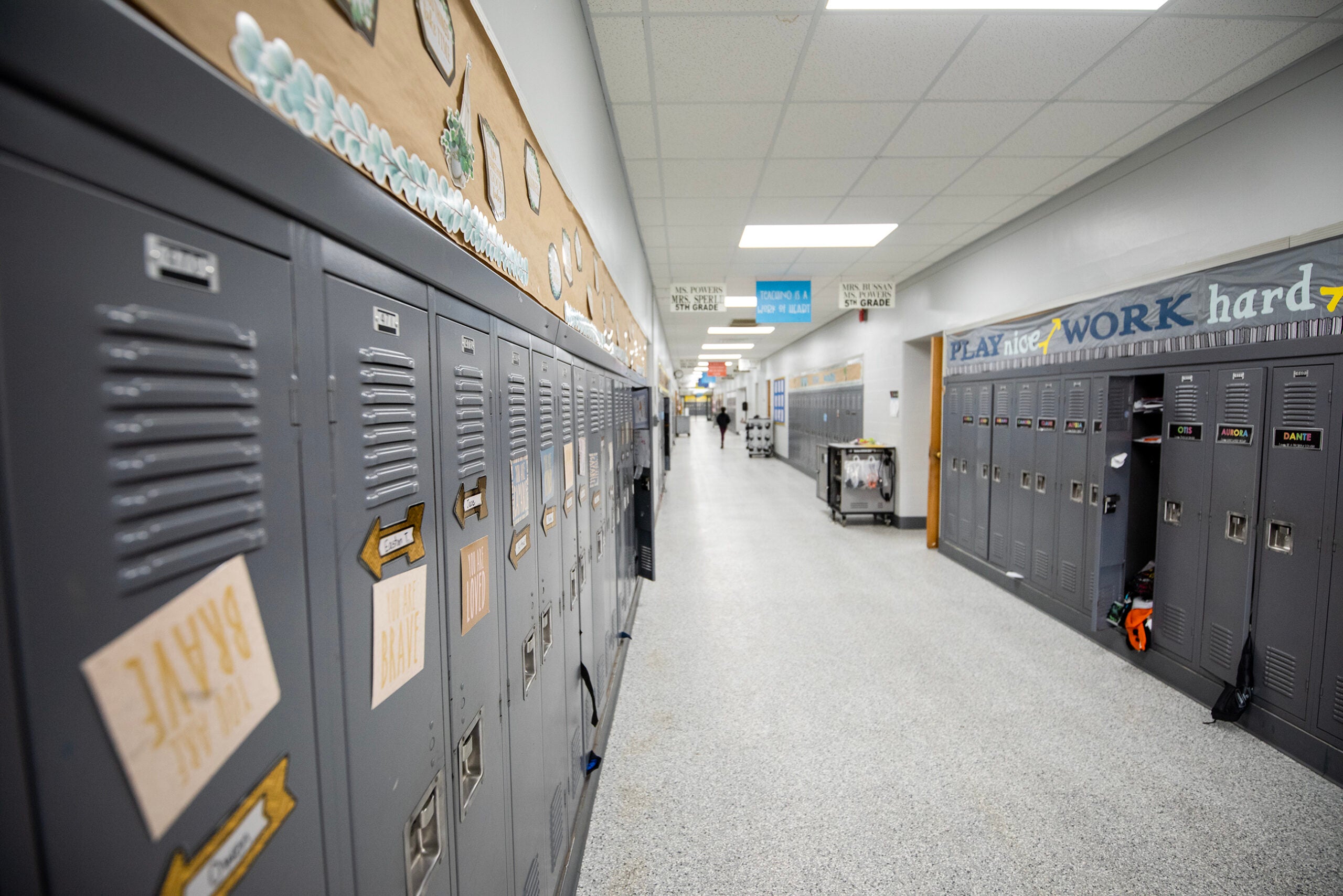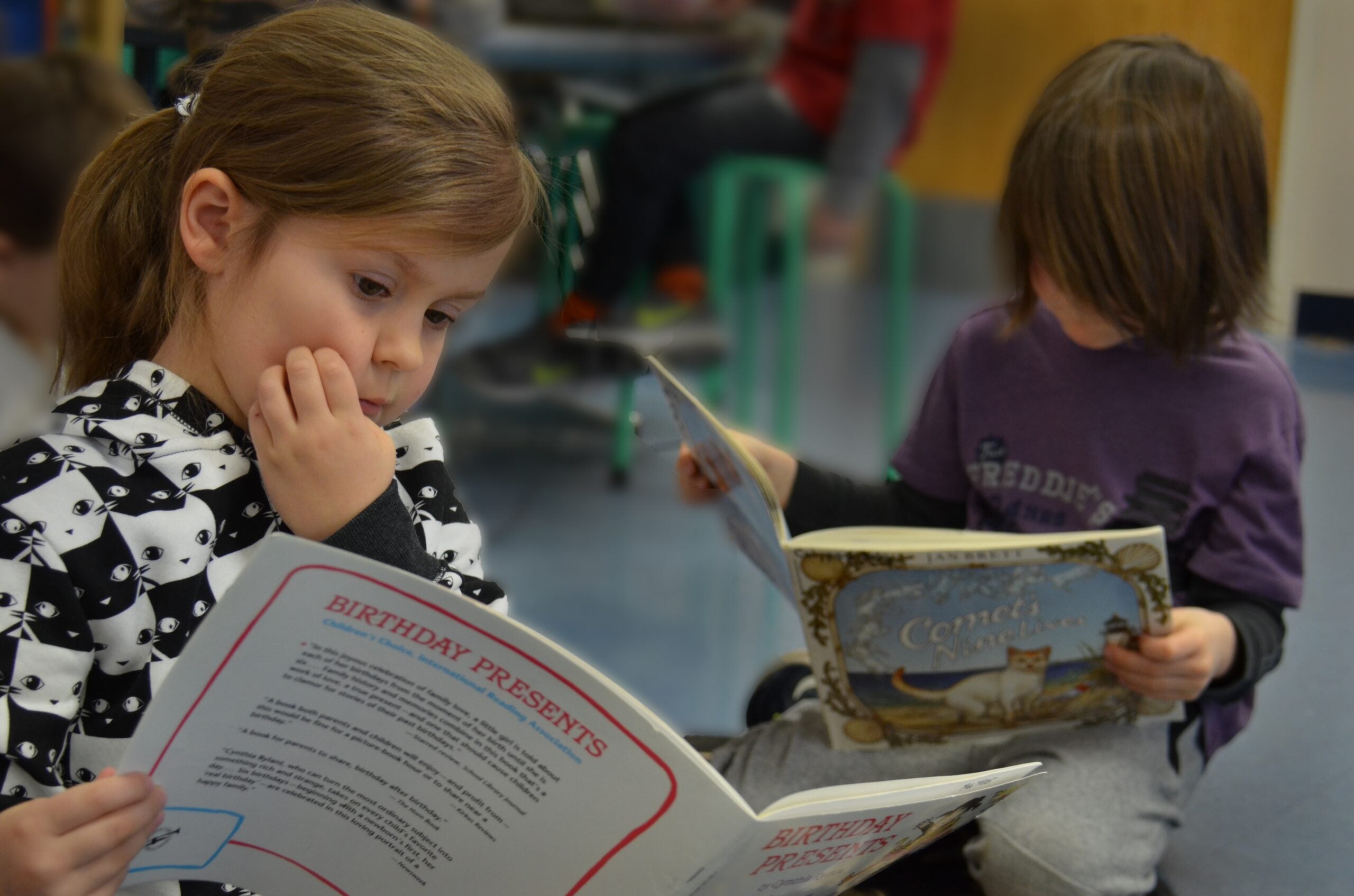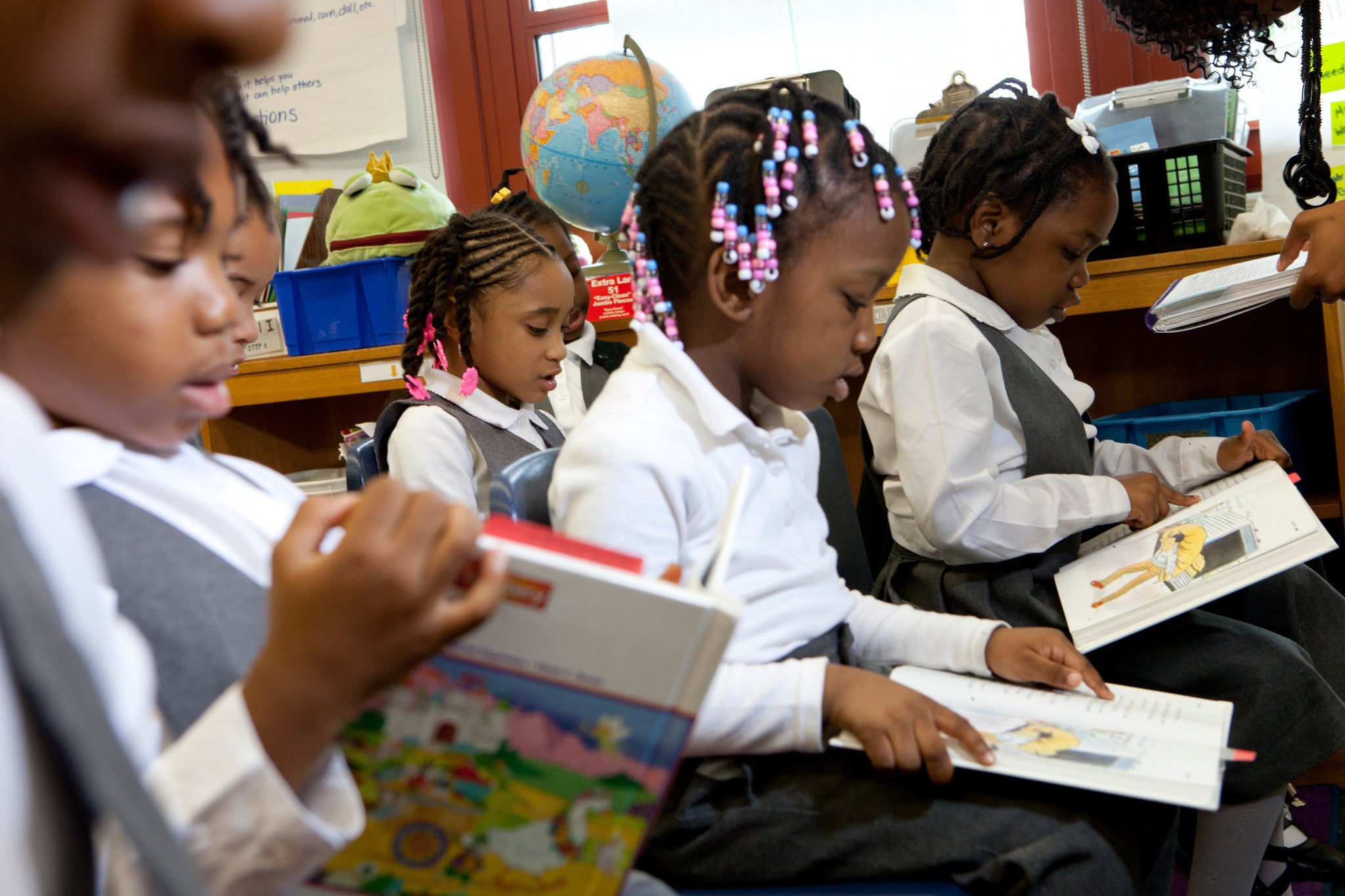The hot summer months are dwindling away and the next school year is on the horizon, when more than 800 students from the Whitewater Unified School District will return to the classroom after weeks of summer learning.
Superintendent Caroline Pate-Hefty said the district’s ”record high” summer school enrollment is driven by fun, and it includes the state’s new reading requirements, outlined under Act 20 legislation.
“We want kids to keep coming and having a great time, but knowing that reading and literacy is a part of it,” she said on WPR’s “Wisconsin Today.”
News with a little more humanity
WPR’s “Wisconsin Today” newsletter keeps you connected to the state you love without feeling overwhelmed. No paywall. No agenda. No corporate filter.
Pate-Hefty said that while students can learn the science behind ice cream-making and glitter, about 30 percent of the district’s summer school students attended literacy skills courses.
The superintendent said the district adopted the reading requirements last year. Districts across the state will be required to adopt them in the upcoming school year.
The following has been edited for clarity and brevity.
Rob Ferrett: What does Act 20 say?
Caroline Pate-Hefty: Wisconsin Act 20 has changed the landscape of what’s going to be required in literacy. Act 20 is a really exciting thing for educators, but it has some really intense deadlines and mandatory requirements around literacy. The intention of this state law is to bring us up because our reading levels are unacceptable.
Act 20 affects kindergarten through third grade. Last year, we focused on kindergarten through fifth grade at Whitewater. All of our teachers were trained in the science of reading and its implementation. Our principals were trained on coaching on the implementation.
We started with 26 percent of our students being on target in the Forward Exam assessment. We closed the first year of intense implementation with 55 percent of our students being on target for utilizing the science of reading. That’s really what Act 20 is going to require.
RF: What is the science of reading approach?
CPH: I always say the science of reading isn’t an ideology. It’s not a philosophy. It’s certainly not a political agenda. It’s really a consensus among educators. In education, we based the science of reading on thousands of meta analyses on how kids read.
Two big things are language comprehension and word recognition, which is really that phonics piece. Imagine friendship bracelets. The Scarborough’s Reading Rope is like a friendship bracelet where two pieces are twined together — word recognition and phonological awareness. Those are weaved together to make reading in the end.
RF: What are some of the things that are off the table for those early readers?
CPH: This is where education can get criticized because we tend to move from one paradigm to the other. But the reality is that’s based on research.
For example, showing a student a picture and having them guess the word on the card. A picture of a tree might really be the word “trunk.”
But a student looks at the picture and says, “Oh, that looks like a tree.” They’re guessing what the word is and not attempting to make connections or sound out the word “trunk.”
RF: Is this a radical change for what’s going on actually in the classroom?
CPH: It requires intense training. We did coaching with our principals so they can support and train teachers. At the end of the year, teachers, guidance counselors and social workers said they were surprised at the language that kids could use to describe their emotions by the end of the year. They were seeing dramatic outcomes.
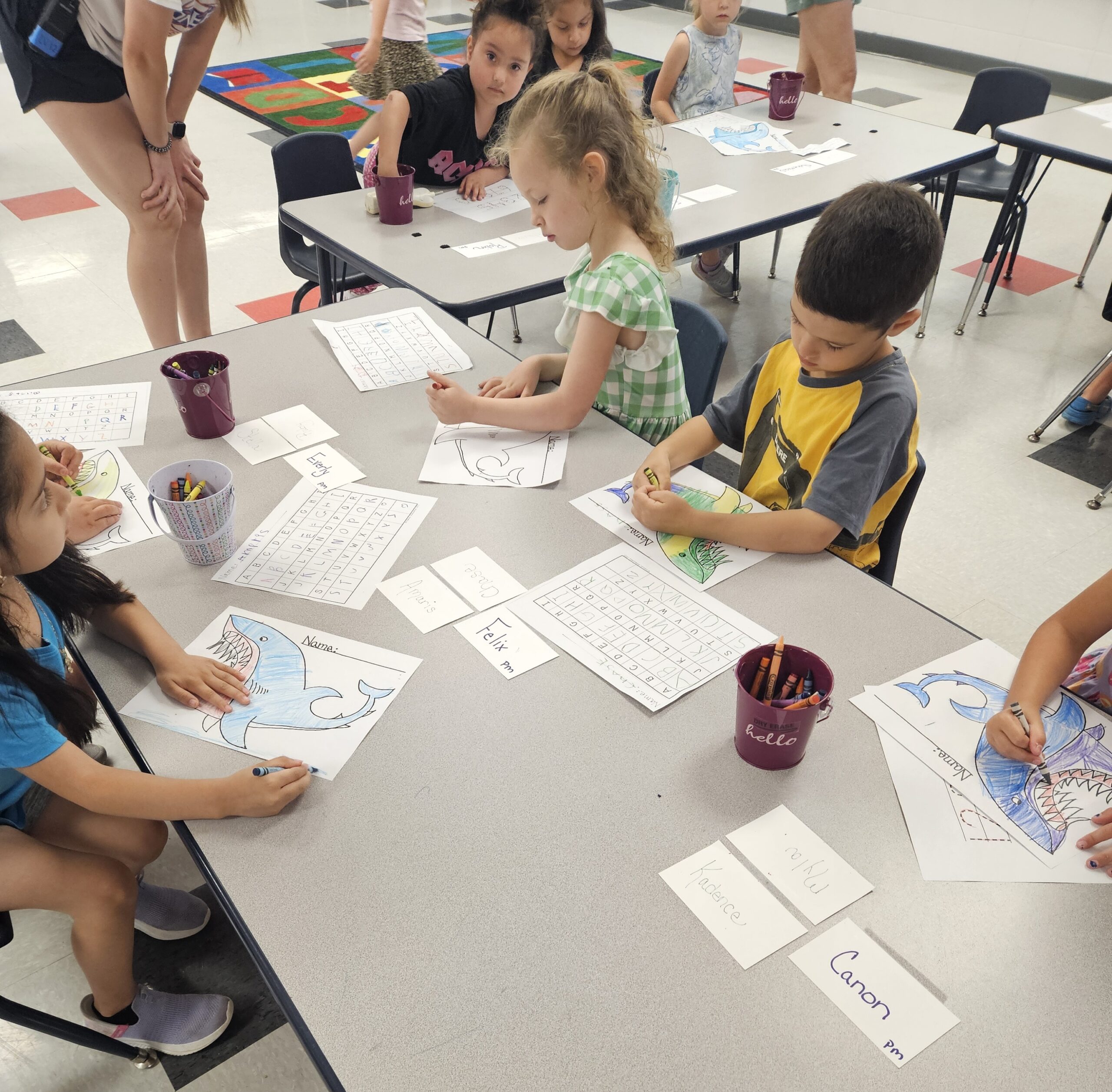
I met with a kindergarten group of teachers. In tears, a teacher told me, “I didn’t realize I had been failing kids for 20 years before I learned how to teach reading this explicitly.”
She saw such dramatic results with her kids. It’s definitely a shift that they will feel and see with their students.
RF: What are early aspiring readers doing with those words on the page in front of them?
CPH: A reading instruction segment now in our schools is such a powerful moment. Teachers are 100 percent clicked in. They’re working on background knowledge, vocabulary, language structure and verbal reasoning skills.
You’ll hear them sounding out the phonemes. Teachers had to learn all the specific phonemes so that they’re all pronouncing them the same. They pair those with gestures and movements so that kids are actually building little synapses in their brain as they’re learning those phonemes. It’s an amazing thing going on in classrooms.
RF: What could parents do to support this approach to reading?
CPH: We did a lot of work around that this year. The reality of the age group that we’re teaching is that many of those parents didn’t learn phonics themselves.
We actually held a series of literacy nights around the science of reading and what we would be teaching. We talked about the importance of not cueing with whole words. Our parents really learned about the process, both in English and Spanish.
RF: What would success look like a year from now?
CPH: We’re hoping that over 70 percent of our students are on target by the close of next year. I think it’s really doable moving from 26 percent to 55 percent.
We’ll be meeting the needs of more learners and will continue to have a robust summer school program that identifies even a second tier. I’d love to serve 350 students in reading over the summer next year, maybe paired with a little destination glitter.
Wisconsin Public Radio, © Copyright 2025, Board of Regents of the University of Wisconsin System and Wisconsin Educational Communications Board.

